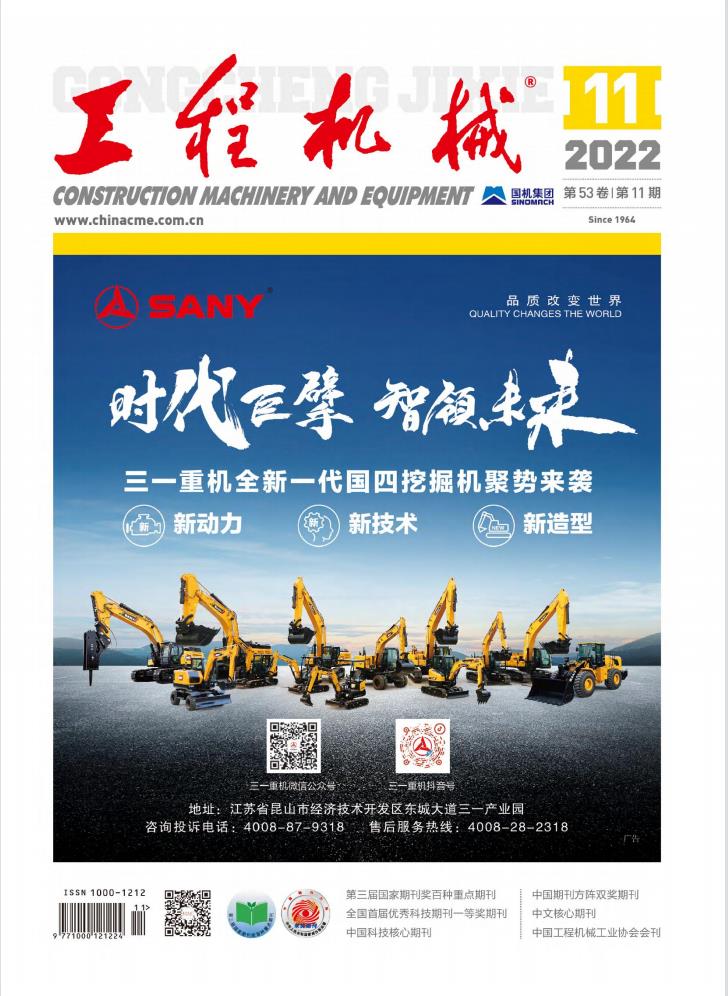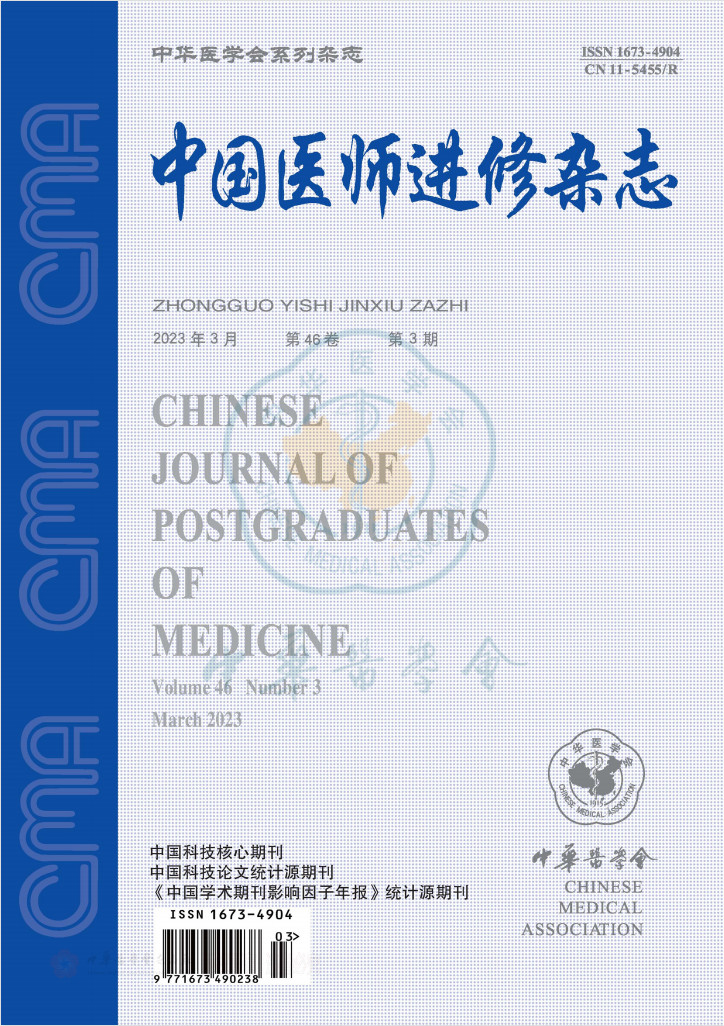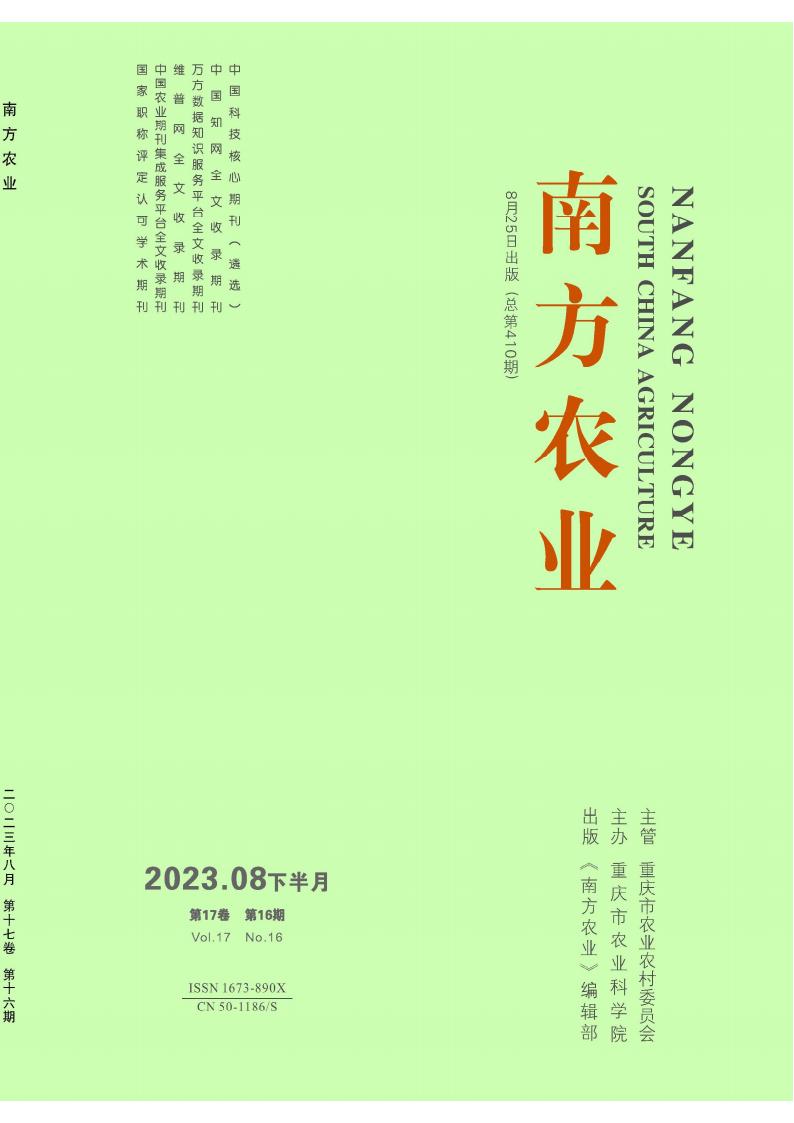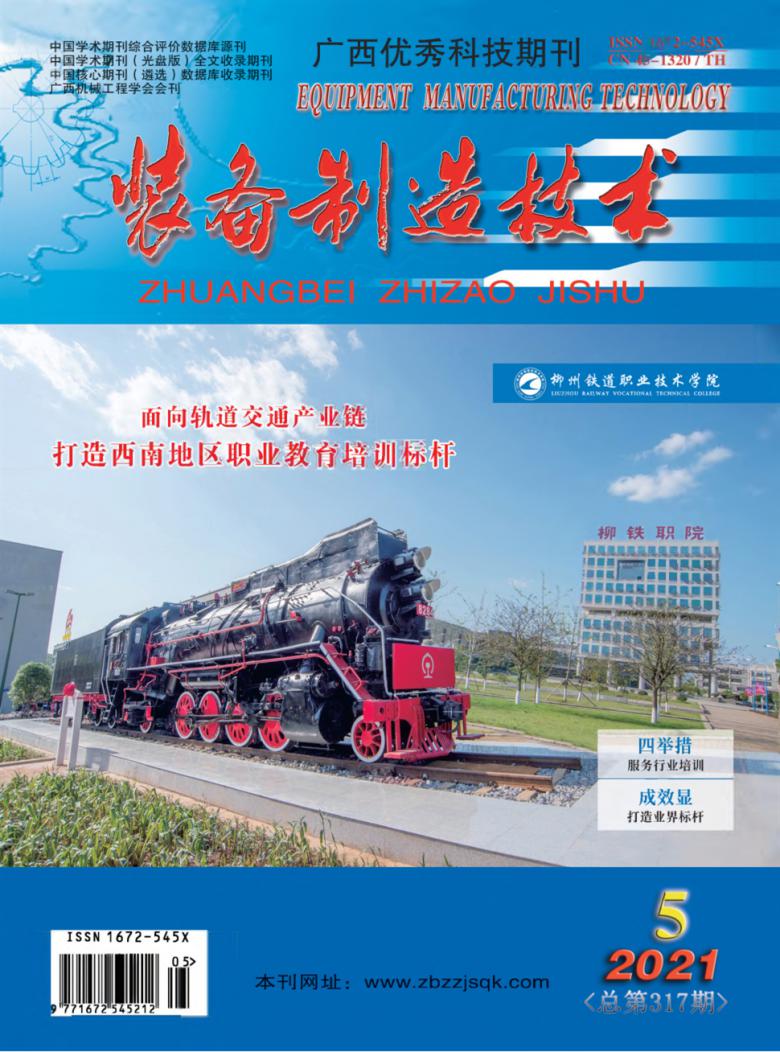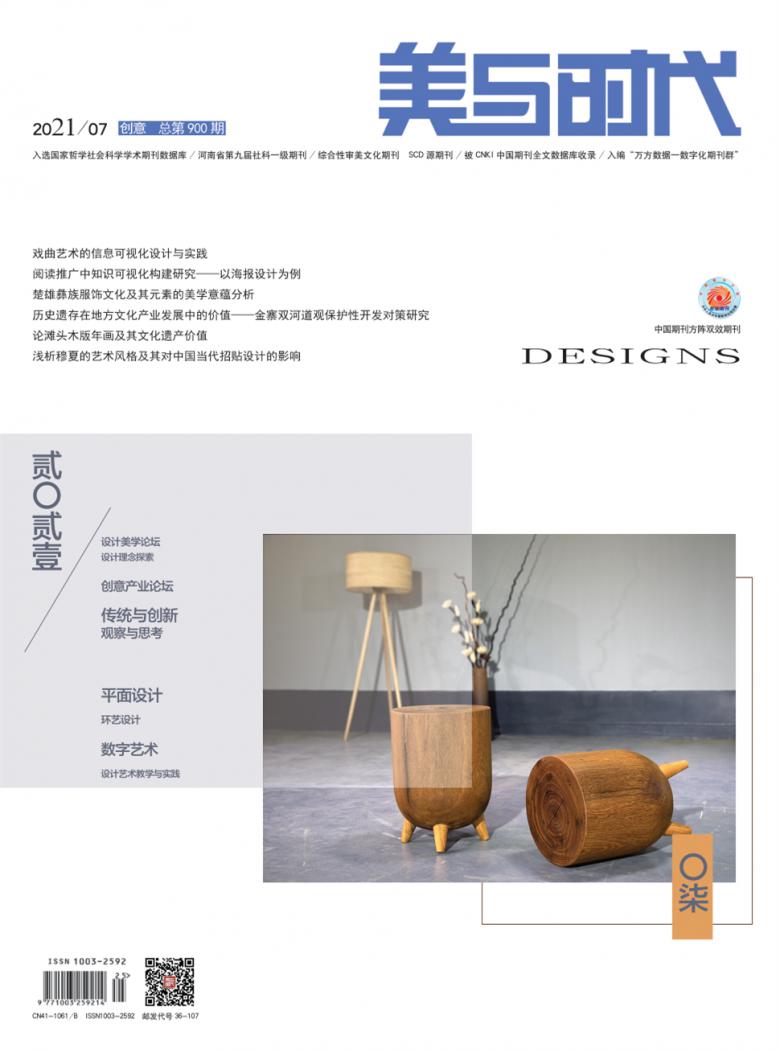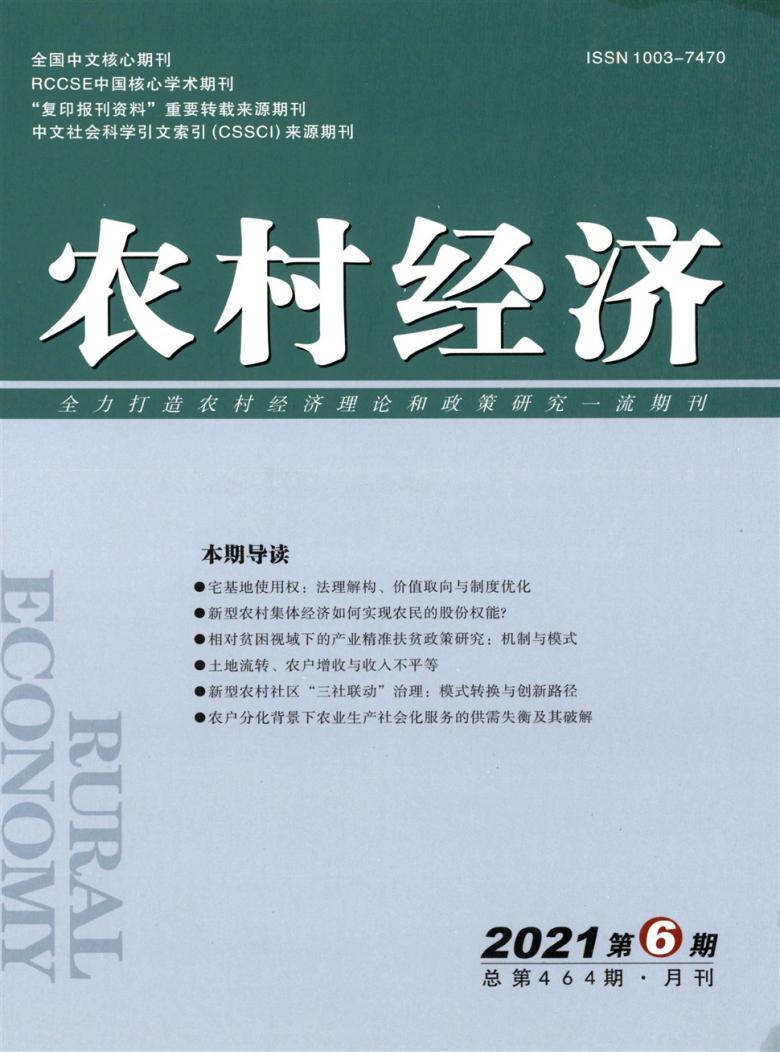《三国演义》对诸葛亮和《教父》对考利昂的描述对比
佚名 2008-10-27
Abstract Zhuge Liang and Corleone are both famous figures in the literary works. Although they are very different in that one is a loyal Prime Minister and the other is the leader of the underworld, but the two authors of The Romance of the Three Kingdoms and The Godfather have a profound respect for them. Through the comparison of depiction of the two figures by learning about their deeds and features, the writer tries to find out the differences and similarities of western and Chinese literary creation of the two figures and their original cultures.
Key Words Depiction; similarity; difference
摘要 诸葛亮和考利昂是中外文学作品中家喻户晓的人物。从中国传统的思想道德观念来看,他们如此不同:一个是忠心耿耿的朝中宰相,一个是令人胆颤的黑帮头目。然而,他们却同样地受到各自作者的极力推崇, 是作者眼中当之无愧的正面人物。论文通过了解二者的特点和事迹, 对二者进行比较分析,得出二者的相同和不同之处,以此进一步了解中西方文学作品人物创作及其来源文化的相似和差异。
关键词 刻画;相同;区别
Introduction As is well known to us, both The Romance of the Three Kingdoms and The Godfather are the perfect and outstanding works in the literary history, both in their own histories and the whole river of human history. When Friedrich Engels referred to The Human Comedy which is the great works of Honore de Balzac, he said that what he had learned from it was much more than all that from any professional historians, economists and statisticians. From this comment, we can say a real great works is not only a book for people’s entertainment, but also a guide to people’s life. The book will express all kinds of aspects of human society and spirits, give people the strongest influence and right guidance. The romances of The Romance of the Three Kingdoms and The Godfather are the books like that. The Romance of the Three Kingdoms uses the letters to describe a long history of the three kingdoms period. It introduces not only the historic matters simply, but also uses all kinds of means such as quoting poets to add others’ comments on these matters and characters in that history. The brilliant tactics and magnificent phenomena of wars lead us into a series of military banquets that give us much edification in dealing with matters in our daily life. If Sunzi’s Military Strategies is the greatest works of military affairs, The Romance of the Three Kingdoms is the completely and excitingly practical works of these military stratagems. Until today, these tactics that have been referred to are being used and going to be used in modern life, work, economic and military competition. The Godfather is the typical works of America in the end of 1960s. At that time, America was trapped in chaos. In 1969, America launched an unprecedented bombard to Vietnam, but it seemed that America didn’t get any obvious advantages more than Vietnam. In the same year, some reports disclosed the fact that an American infantry slaughtered more than 450 Vietnamese villagers, which caused people to doubt the rationality of the war. The manhunt in a bar by police in New York resulted in the new century of striving for the homosexual rights. A senator escaped from traffic accident after causing troubles and made others die. A series of matters happened. The Godfather just stepped into the bookshop at that time, as an advanced flag leading a stirring literary resolution which called for rebuilding a new social and law system. The Godfathers used their own ways and wisdoms to build a new set of laws for survival, which overthrew the old and so-called democratic society. In and out the line of words there shines the flame of wisdom. Referring to the two outstanding works, we can’t help introducing the two positive figures of them¬--Zhuge Liang and Corleone. In fact, the two characters are very different. One is the loyally military counselor; the other is the king of the underworld. One may feel very strange to connect them together as the obverse figures. So what is the definition of the positive figure? According to most people’s view, it is these characters that represent the righteous part, are supported by authors, and stand for the values of most people. Zhuge Liang and Corleone just belong to this kind of characters. Zhuge Liang assisted Liu Bei who represented the lineal Han Dynasty loyally. What Corleone protected was the poor people abandoned and threatened by the so-called democratic society. Both of them used their wisdom to build their own kingdoms. As the positive figures, they have many similarities. Originating from two different works which were written in different periods and backgrounds, the two figures are depicted in different ways. I. The Portrait of Zhuge Liang in The Romance of the Three Kingdoms The lifetime of Zhuge Liang shines the legendary colors. Just as the incarnation of deity, he owns inexhaustible wits and tactics. From his appearing in Chapter 37 to his passing away in Chapter 104 of The Romance of the Three Kingdoms, almost all the 67 chapters run around him. It seems that the history of The Romance of the Three Kingdoms is more like his autobiography. The following two parts will be spared to describe some depictions and stories about Zhuge Liang, from which we can easily learn about the theme of this character. A. The Image of Zhuge Liang While Liu Bei meets Zhuge Liang the first time, the author uses the aspect of Liu Bei to depict the appearance of Zhuge Liang like this: the height of Zhuge Liang is about 1.70m; his face is like the beautiful and perfect jade. He wears the black scarf on his head and a piece of chock made of the feathers of cranes. He is so handsome, spirited like the pinity. Just several sentences depict a typical intellectual figure and express his perfect wisdom by suggestion. B. Zhuge Liang’s Deeds a. The Country’s Tripartition Foreseen at Longzhong Before Liu Bei sees Zhuge Liang by his own eyes, all the comments on him are from others. For example, Zhuge Liang compares himself to Guan Zhong and Le Yi who were both the famous talents in Chunqiu and Zhan Dynasty. While the others suspect that he just showed himself off, Sima Hui, a famous wise man, gives him the following comments: he is alike Jiang Ziya who reconstructed Zhou Dynasty and Zhang Zifang who boomed Han Dynasty. Until the third time Liu Bei visits Zhuge Liang, he and the readers sense the perfect wisdom and are fully convinced. In fact, although Zhuge Liang has great fame in his hometown, he is only a farmer before Liu Bei meets him. Never experiencing the outside world, he speaks out the temporary situation easily and concretely. In the north, Cao Cao abducts the emperor to control the ministers. He owns more than 1 million soldiers. In the south, Sun Quan has taken the north bank of Changjiang River which has advantageous physiognomy. If Liu Bei wants to build his own kingdom, he should catch the heart of the common people; seize Jinzhou state as his beachhead and capture western part of Sichuan to become the great power which can compete with Cao Cao and Sun Quan. In a small piece, Zhuge Liang analyzes the situations clearly and pides the world into three parts. It could be said that all the following stories of the three kingdoms happen according to Zhuge Liang’s analyses. b. Using the Tactics to Arrest Meng Huo for Seven Times In the third year of Jianxin, Meng Huo--the king of the southern part of China launches war to Shu (the kingdoms led by Liu Bei and his son Liu Chan). Although there are generals who resist aggression bravely, plenty of cities are lost. Zhuge Liang and Meng Huo carry out a grueling match of intelligence and courage. Zhuge Liang has confronted Meng Huo for seven times. During this period, he and his army experience the poison of Lu River (which is full of poison because of the hot weather), the danger of Xi’er River, and the threat of four poisonous springs- deaf, dead, black and soft springs. They execute a series of stratagems such as stratagem of sowing distrust or discord among one’s enemies, use enemy’s power to get rid of another enemy, advance secretly by an unknown path , block the enemy’s retreat and then destroy him, and so on. They make the pontoon bridge of bamboos, manufacture the artificial animals and lay the land mines. Zhuge Liang wins the battle for seven times and Meng Huo and his people pay allegiance to Zhuge Liang loyally. c. Zhuge Liang Submitting Two Pieces of Memorial on Going to War The people whom Zhuge Liang assists are Liu Bei and Liu Chan (who are regarded as the legitimately imperial descendents of Han Dynasty). Being deeply grateful for Liu Bei’s appreciation of his ability and trust, Zhuge Liang wants to unify the three kingdoms into Shu and complete the utmost task of resuming Han Dynasty. After accomplishment the south campaign that suppresses the insurgence of Meng Huo, Zhuge Liang gets the unprecedented reputation and support. At the same time, Shu reaches its prime time. Taking the advantage of the favorable situation, in the fourth year of Jianxin, Zhuge Liang submits two pieces of Memorial on Going to War for launching the war to Wei. Setting aside the results of the two expeditions, and only paying attention to the two articles, especially the former one, we find it represents the faithfulness of a large number of patriots and has been handed down along with the change of dynasties and society. The main contents of the first one are as follows: first, being thankful for Liu Bei’s trust, Zhuge Liang teaches Liu Chan with sincere words and earnest wishes-- getting well with loyal officials and drifting apart the treacherous ones are the reason why the early Han Dynasty was prosperously brisk. On the contrary, getting well with the treacherous officials and drifting apart the loyal ones are the reason why the later Han Dynasty was overturned. Secondly, Zhuge Liang gives the reasons to launch the wars to Wei. Thanking for Liu Bei’s appreciation and trust, authoring the right only less than the emperor at his dying moment, Zhuge Liang is determined to get rid of the insurgent troops--Wei and Wu to resume the government of Han Dynasty. d.Zhuge Liang Dying Mournfully at Wuzhangyuan
Until the twelfth year of Jianxin, when Zhuge Liang dispatches the troops from Qi Mountain to attack Wei, he feels the death is coming. Although he is on the position of Prime Minister with the tremendous right only less than emperor, he deals with all the military matters and political affairs by himself. Because of this kind of tiredness, day by day, he catches the serious illness gradually. Owning to the countless tactics, stratagems and kinds of knowledge, Zhuge Liang dies mournfully after falling to pray for increasing his lifespan by witchcraft, without realizing the dream of unifying the kingdoms. His death makes Shu lose its pillar and it symbolizes its declining. II. The Portrait of Corleone in The Godfather Corleone who is called respectfully as godfather is one of the underworld hegemonies. He experiences the frustrations and suffers the heavy burden from the so-called democratic society. There shines the contradictory flames--he is the leader of Mafia, but he loves making friends with others; he controls a lot of armies but would like to preach as a real godfather. Backed by the useful experience and wisdom in his growth, he builds up his own kingdom. A. Corleone’s Image He is a fat and short middle aged man with black skin. Being always reasonable and never having any happiness, anger, sorrow and pleasure written on all over his face, he often smiles while he talks about something concerning problem of life and death, which makes others frightened. B. Corleone’s Stories a. How Did Corleone Become a Godfather While he is only a twelve-year-old boy, he lives in an odd small village called Corleone in Italy. After the members of the reactionary gangs kill his father and decide to send him to death, he escapes to America under the help of his family and lives in a relative’s family. Here he and the son of that family become good friends. For a long time, he lives in a peaceful life as well as the other usual people. Until one ferocious man named Fabrizio(who is a member of reactionary gang, using violence to extort money from the residents and shops)makes him lose his job and wants to rob his money that he earns by life, he analyzes calmly and gets the idea that Fabrizio has no accomplice and he kills him finally. This matter directly gets rid of the threat from Fabrizio; at the same time, it makes Corleone succeed in getting the high prestige among the neighboring residents. In the following years, people gradually beg help from him and pay him a certain number of money. The series of matters send him to the road of godfather. He begins to invert the tribute and taxes in olive oil import. As his olive oil steps into the usual Italian shops, his underworld grows stronger gradually. In the period of alcoholic prohibition, he makes a fortune by offering his trucks to alcoholic business men. Along the cancellation of alcoholic prohibition ban, his underworld kingdom suffers the vital attack. In order to revive his kingdom and get more money, he sends the cooperative sign to Tommasino on mutual helps and benefits. The latter’s refusal results in the 1933 war. Corleone uses his famous calmness and perfect tactics to gradually defeat him. This war not only sends more money and benefits to Corleone but also helps him establish his position firmly in the underworld as a godfather. During his growth, Corleone gets one pet phrase: “one life, one destiny.” The sentence also becomes a sign before he goes on a vital attack against the enemy. b. The Solution to the Problem of the Funeral Home Operator Americus Bonasera, whose name is the same as the adventurer who finds the American land, trusts America and its so-called democratic system. However, while his daughter is hit to serious injury, the criminals are beyond the arm of the law, only because their family own more and stronger power and influence. At the end of his rope, he begs the help from Corleone. Before that moment, he always looks down upon Corleone and his group. He regards them as a group of desperados and daredevils. Even though he falls back on Corleone, and his voice cannot avoid the contempt and arrogance. Using his arrogant voice and tone, he tells Corleone that he would like to pay anything to him if Corleone kills those two criminals. All of these actions make Corleone angry; as he says what he wants while he helps others only originates from making friends with others. He asks those people to express their friendships and loyalty while accepting his aids, because he believes he might need others’ aids. But he finally forgives Bonasera and orders his fellows to deal with this problem quickly when Bonasera shows his friendship. These two persons get an eye for an eye and a tooth for a tooth’s revenge that they are hit to lose their original appearances. Corleone’s hired roughneck escapes from the scene in the stolen cars.
c. Their Sad Deaths No matter how great a person is, he can’t escape from death. It is the final destiny of human beings and the basic principle of natural laws. Zhuge Liang and Corleone finally die. There’s no doubt that their deaths have the sorrowful coloring. Zhuge Liang cannot wait for the coming of the northward expedition’s triumph, and Corleone also dies with the love of life and the anxiety of his family and group. It seems that both western and Chinese authors believe if there were no death, there would be no life alive. Corleone and Zhuge Liang can’t be caught up with moat fellows. If they were still alive, the history would not be changed. It is contrary to the human historical development. So they have to die and die mournfully. Then the descendents can have the reason to explain the worship of them, and generations and generations of talents are born to create new historical and social situations. B. Differences a. Their Obviously Different Images That the Authors Created From the above, we can easily find the appearances of them are obviously different. Zhuge Liang is a very handsome literati. This kind of definition keeps with the ancient Chinese criteria of appreciation of the beauty. In Chinese culture, the wise literati is respected by all the people, who is always regarded as having a handsome face and could keep out thousands of soldiers and horses. Going to the school and studying hard are regarded as the ambitious action to succeed. There is an old saying: there are golden houses in the book, there is abundant rice in the book, and there are beautiful women in the book. Zhuge Liang is wise as well as handsome like an incarnation of perfection. On the contrary, Corleone is only a common, fat middle aged man with a keen pair of eyes. It accords with the expression of western democracy and liberty. People in the western countries believe everyone is born to be equal. So it is believed that ordinary people can get success by their own abilities and hard works. Corleone is just one outstanding representative of numerous successes. He escapes from an Italian village to America and here he establishes his own underworld kingdom by his caution, calmness and tactics. If Zhuge Liang is called a living pinity, Corleone is the hero grown from struggles. b. Their Utterly Different Status One is the Prime Minister of Shu-the legitimate descendents of Han Dynasty and what he does is for the state and the people. For the state, he assists Liu Bei and Liu Chan to expand their kingdom and strengthen the national power to unify the three kingdoms and to rebuild Han Dynasty. For the people, he works hard to establish a complete and perfect political and governmental system, ensuring the stable situation and life for the people. The other is the king of the underworld. In his world, the traditional legitimate social system is of no value. All the laws need to serve his benefits. In order to achieve his goal, he does balk at paying the price of violence, crime, murder, bribery, and so on. One symbolizes the positive power and the other symbolizes the evil. One is the incardination of justice; the other is the speaker of crime in popular recognition. All of these distinctions originate from the fact that the Chinese defend the traditional law system and the westerners advocate subverting the inequitable traditions to create a new world. c. Their Different Pursuits Because of their utterly different status, their pursuits are far different. As a loyal Prime Minister, Zhuge Liang has always been dreaming of unifying the three kingdoms to rebuild Han Dynasty and repay Liu Bei for his respect and appreciation of his abilities. He was concerned about his country and people. It could be said that his political life is full of busy running about how to strengthen his country and make his people live a happy and peaceful life. Since he is only a little boy, Corleone is in the chase of the Italian local reactionary gangs. When he becomes a young man he suffers the starvation and privation. He kills ruffians and is almost killed. All of these realities make him grow rapidly and push him to seek for benefits and latent benefits. One lives for collective and the other for his own interests. Western and Chinese value orientations are so different that we are unable to judge which one is better. What we can say is both of them have their advantages. Conclusion It is very surprised that although a number of historians and literati argue that western and Chinese literary works are far different, so far as the positive figures are concerned, there are many common characteristics. For example, Zhuge Liang and Corleone are both the talented persons with calm thoughts and cautious actions. Every problem may be solved when they control them in the hand. A small tactic in their mind can defend thousands of soldiers and horses.
That accords with people’s worship of the heroes. With characteristics of wit and calmness, only their several words may decide thousand people’s lives and the following historical process. Compared to religious figures, they are the real omnipotent God in daily life. Of course, originating from different cultural backgrounds, they are necessary depicted as different figures. As a character in ancient Chinese literary works, Zhuge Liang needs to be up to meet Chinese traditional loyal morality and the criteria of beauty. He has to live and die all for his country and people, because only this can be regarded as the highest spiritual state. While Corleone appeared in the 1960s in America, the society asked him to be a leader who calls for people to overthrowing the so-called democratically social system in order to rebuild a new real democratic social system. What he needed to do is live for himself and live for his own benefits. That is in line with the temporary situations in America in that period and the American spirits of democracy, liberty and equality. Western and Chinese literary works express the universalities and distinctions, which reflects to the idea that the whole human culture originated from the same ancestors and developed into different orientations in different social and historic situations. In order to carry forward Chinese culture, the young generation should learn from and communicate with other cultures, keeping the similarities, getting rid of their weaknesses and following their strong points. Bibliography [1] Chirs Tingom. The Godfather, a Review[J].Jan. 20, 2007. http: //www.brainfuel.tv/ the-godfather-a-review. [2] Mario Puzo.The Godfather [M]. G. P. Putnam's Sons, 1969. [3] Scarnati J.T. The Godfather theory of management: an exercise in power and control [J]. Management Decision, 2002, (40). [4] Susan Goodwin. AMERICAN CULTURAL HISTORY (1960 – 1969) [J]. Dec. 2006. http://kclibrary.nhmccd.edu/decade60.html. [5] 曹海东.诸葛亮:智圣人生[M].长江文艺出版社,2000. [6] 东方闻睿.诸葛亮遗书:世界上最智慧的个人管理学[M].中国电影出版社,2004. [7] 胡春晖.管窥三国演义和三国志中魏蜀吴创业时期的战略观[J].武警工程学院学报,2007,(23). [8] 贾春环.西方通俗小说的典范—教父解读[J].戏剧丛刊,2005,(3). [9] 剑歌.诸葛亮必败¬—中国伪智慧的宿命[M].中国经济出版社,2006. [10]李晓东.诸葛亮文学形象对后世小说的影响[J].文史杂志,2007,(2). [11]罗贯中.三国演义[M].北京:同心出版社,1995. [12]马里奥.普佐.教父[M].内蒙古少年儿童出版社.2001. [13]彭大庆.论三国演义中士人的人生价值取向[J].怀化学院学报,2007,(26). [14]冉云飞.诸葛亮[M].巴蜀书社,2004. [15]天将晓.让诸葛亮大师张开嘴[M].北京:华侨出版社,2003. [16]叶湘瀚.古典小说人物形象鉴赏六法[J].语文教学通讯,2007,(3). [17]张晓莉.从现代商战透析诸葛亮智慧[M].沈阳出版社,2004. [18]张莹波.教父艺术风格论[J].常州教育学院学报,1999,(17). [19]赵珂.戏说黑帮[J].新闻周刊,2004,(1). [20]周汉林.教父[M].南京:译林出版社,2007. [21]任昭坤.关于三国历史分期的思考[J].社会科学研究,2001,(6).
